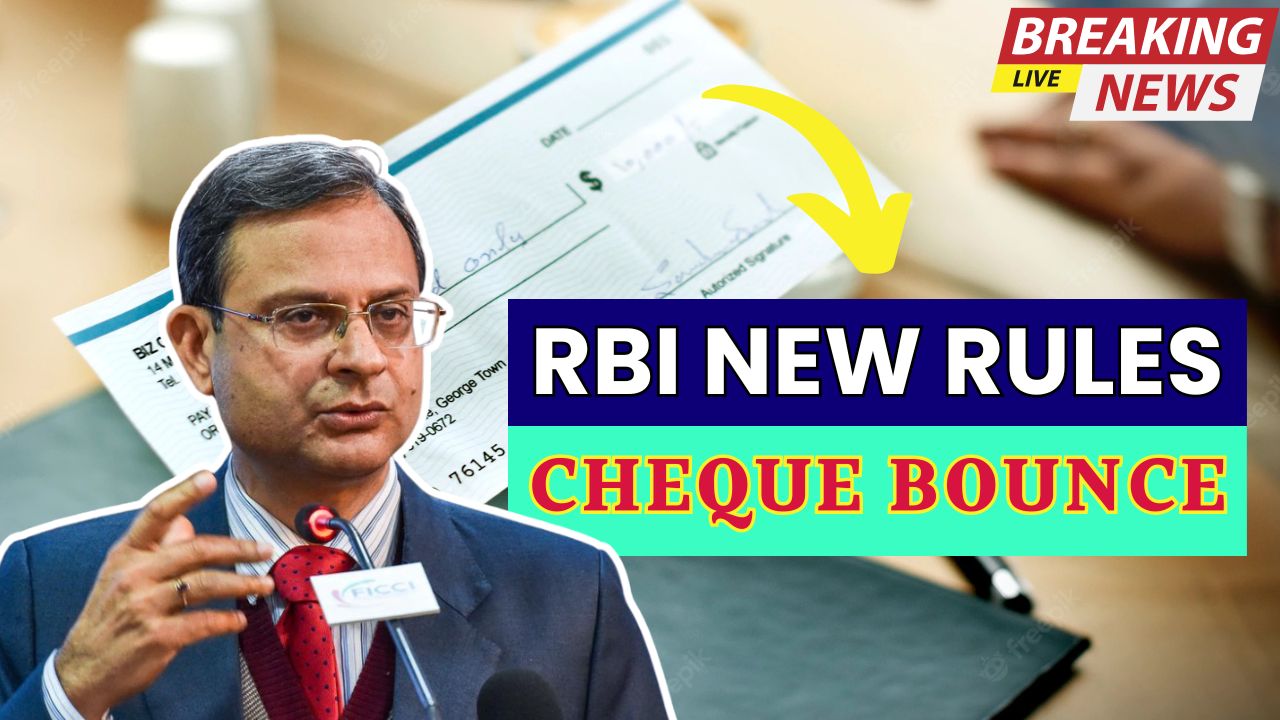In businesses and individuals who consider the traditional banking methods, cheque transactions stand integral in their financial dealings in India. But with an increased number of cheque bouncing cases being registered, the Reserve Bank of India (RBI) and Judiciary came out with stringent measures in 2025. These rules ensure the safeguarding of payees and issuers, making them accountable to maintain smooth financial transactions.
Understanding Cheque Bounce
When insufficient funds, signature mismatch, overwriting, or some other technical reason stops the burying of a cheque in the bank, Regarded as cheque bounce, it is punishable according to Section 138 of the Negotiable Instruments Act, which commands fines and up to imprisonment.
New Rules for 2025
Courts are fast-tracking cheque bounce cases for strict timelines mainly so that pending litigation gets reduced. Business owners and individuals have to ensure proper fund management before issuing cheques because repeated dishonouring of cheques can attract higher penalties and even restrict the parties from issuing cheques in favour of further payments.
Heavier Penalties Against Defaulters
One of the major aspects of these new rules is the imposition of heavier penalties. The fine for cheque bounced can now be up to two times the cheque amount, depending on how serious the case is. In the case of repeated offences, the courts will also expedite criminal proceedings against the offenders as a deterrent for poor business conduct.
Effects on Business Owners
Cheque-bounce cases hold the ability to affect the operations and the credibility of business entities, particularly small and medium enterprises (SMEs). As per the new regulations, the business owners must enforce bank discipline; that is, they must not issue any post-dated cheque without having the adequate balance for the transaction and rather opt for digital means for convenient and secure payments.
Implications for Individuals
Individuals must also keep in mind when issuing cheques for rent, loan, or personal payments. A bounced cheque can now hit one’s financial reputation and hence could cloud the loan eligibility of the person in future. With the rise in digital banking alternatives, cheque payments will require more vigilance to avoid any resulting legal hassles.
Remedies for the Victims
Wherever the payee suffers dishonour of its cheque, within 30 days from the date of receipt of the return memo of the cheque from the bank, the payee may initiate legal proceedings under the new rules so that the matter can be disposed of quickly with due emphasis on speedy trial proceedings. The courts also now encourage mediation between parties in cheque bounce cases to avoid prolonged trials.
The Push Toward Digital Payments
The updated cheque bounce rules indirectly enforce the practice of digital transactions. With these days of UPI, net banking, and card getting so mainstream, the usage and acceptance of cheques and the risk of dishonoured payments are expected to decrease.
Conclusion
The cheque bounce rules of 2025 showcase India’s journey towards tougher accountability and transparency in financial matters. Business owners must keep themselves updated with these changes so that they can protect their credibility in finance. Though cheques are still a legitimate mode of payment, responsible application and awareness of legal implications are of utmost importance now.




